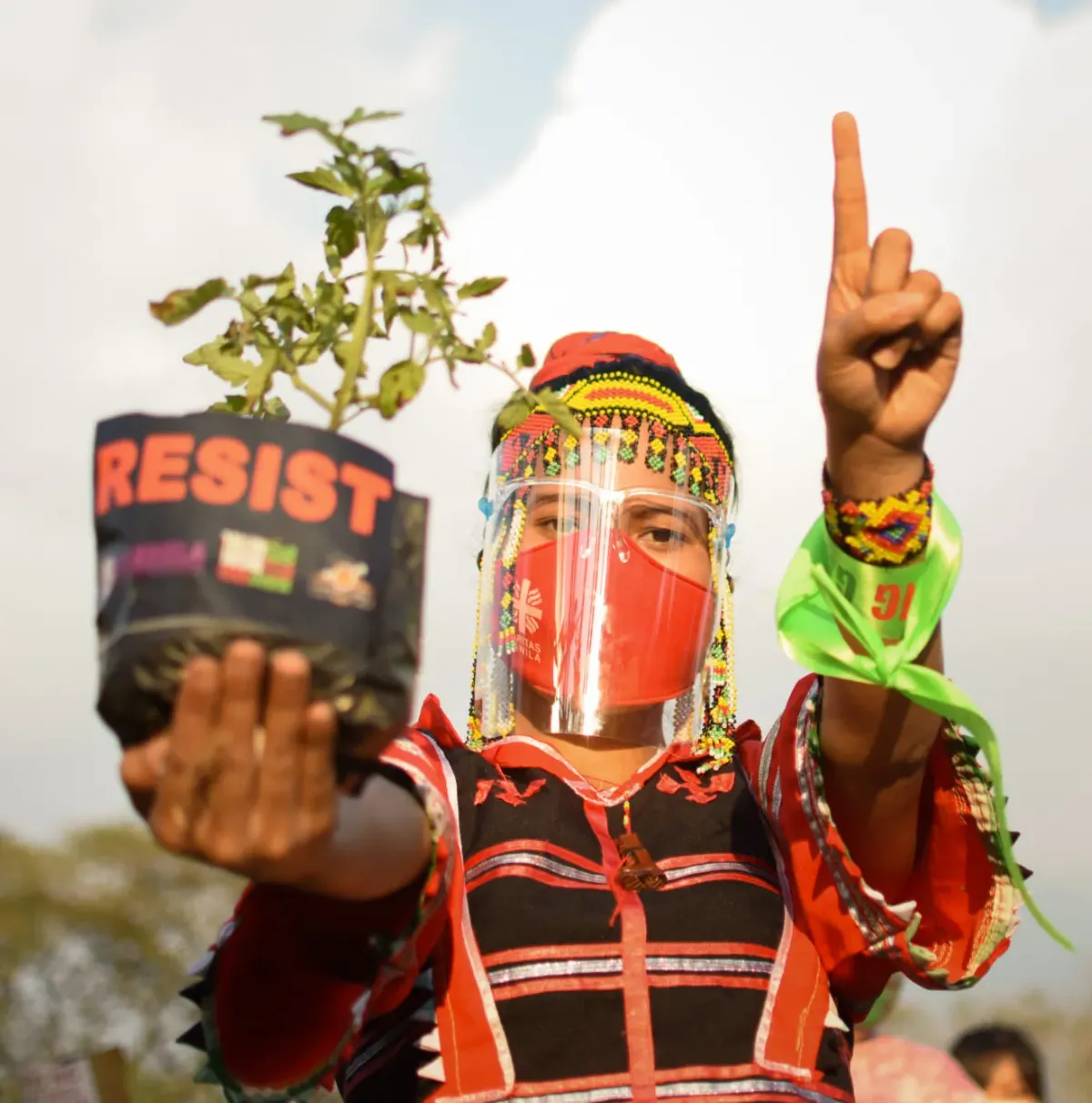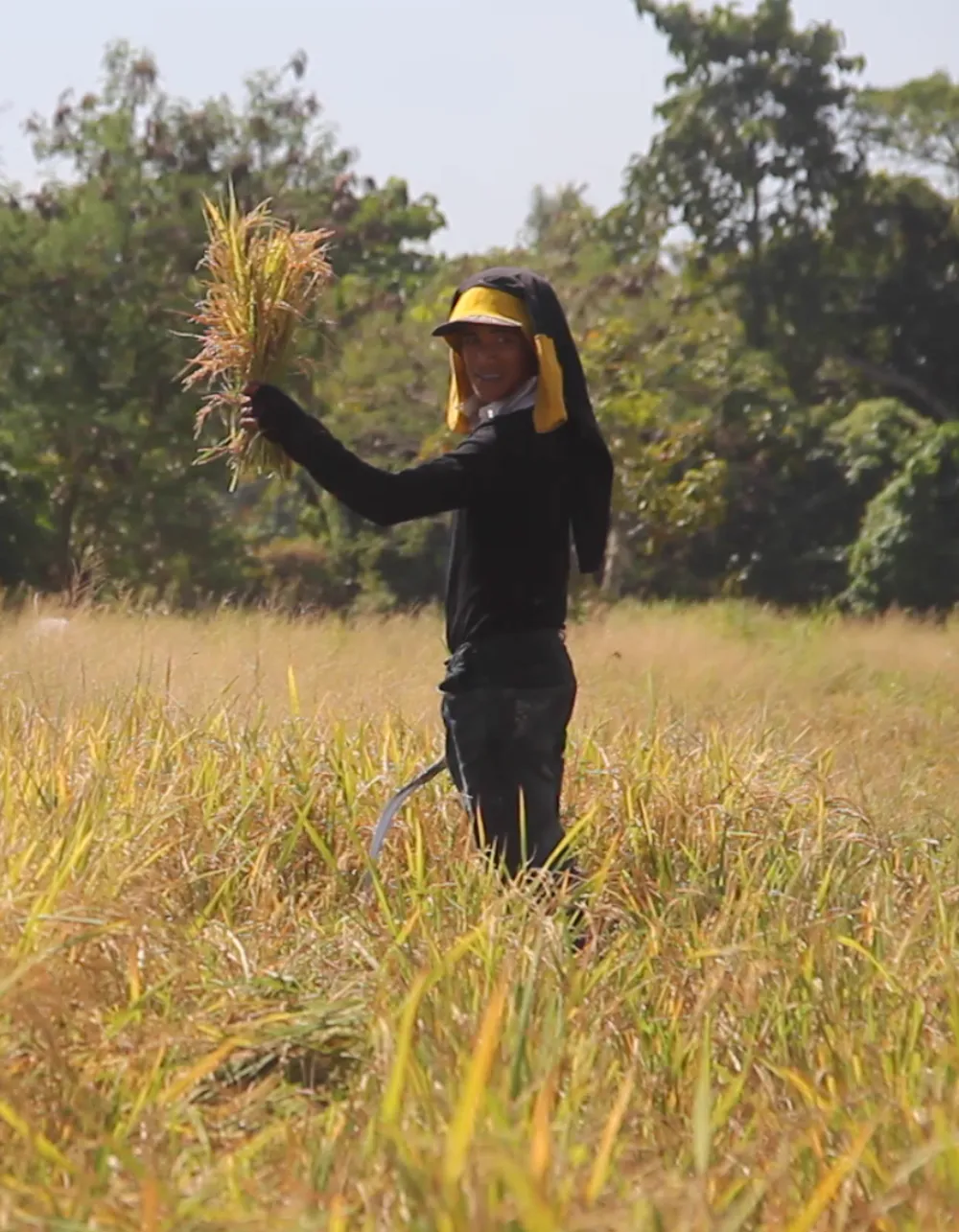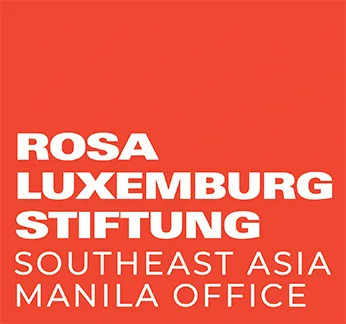Programs
Rosa Luxemburg Stiftung Regional Office Southeast Asia, Manila
The regional office in Manila organizes further education and publications in the areas of fundamental social rights and socio-ecological change, with a special focus on climate justice. We regularly cooperate with partner organizations throughout the Malay archipelago, particularly those active in the Philippines, Malaysia, and Indonesia.
Like the entire region, the Philippines is currently experiencing rapid industrialization and significant economic growth. But far from everyone is profiting to the same extent. The change is mainly benefiting the metropolitan areas and less so the rural areas. At the same time, climate change poses a particular threat to the region and to the Philippines in particular. For the country, which consists of 7,000 islands with over 36,000 kilometers of coastline, rising sea levels are a serious threat. Furthermore, the islands are increasingly being hit by typhoons, on average over 20 times per year in recent years.
In light of these two major challenges—climate change and economic inequality—climate justice and the search for socio-ecological alternatives are at the core of our political work in the Malay archipelago. In addition, we see ourselves as progressive social actors, promoting democratic socialism and more widespread political participation, which in light of increasingly authoritarian and repressive tendencies amongst the region’s political leadership is of fundamental importance.
Against this backdrop, the aim of our political commitments in the region is to bolster the work of political actors who consistently stand up for fundamental social rights and climate justice. Above all else, the Rosa-Luxemburg-Stiftung in Manila hopes to “give a voice to those who go unheard”. In so doing, valuing diversity is a fundamental principle of our strategic approach. In our work, we regularly cooperate with partner organizations from across the entire political spectrum as well as with experts from a variety of sectors, scientists, academic institutions, and media organizations as well as NGOs, civil society activists, and trade union organizations.


Global social rights include social, economic, and cultural human rights such as the right to adequate food and adequate housing, access to education, the highest possible levels of physical and mental health, and the right to work, as well as just and favorable working conditions. The majority of people in the region have little to no access to these rights—despite the economic growth of the last decades. As such, neither civil nor political human rights are guaranteed. These include, for example, the right to freedom of expression and association and, in principle, all civil liberties. Given that the social existence of many in the region is not fully secured, they are also somewhat denied the right to democratic participation and civil and political rights.
In rural areas in particular, people are often dependent on a local authority (“patron”). In many places, social structures are barely questioned, instead accepted as a social reality or permanent institution of everyday life. The position of power is based on the ownership of land, on commercial networks and economic activities. The main beneficiary of economic progress is a relatively narrow social stratum, which is generally situated in urban centers. In many rural communities, by contrast, the most basic provisions such as electricity, drinking water or an adequate level of health care cannot be guaranteed.
The social, economic, and political inequalities that result in the denial of access to global social rights for many in the region are not only historical and geographic in origin. They are also influenced by factors such as gender, minority status (or conflicts between minorities), the weak role of civil society or trade unions or other interest groups.
The Regional Office Southeast Asia of the Rosa Luxemburg Stiftung in Manila promotes political education to foster the understanding of and desire for the necessary local, national, and international policy change for equal access to Global Social rights for all human beings.
Socio-Ecological Transformation & Climate Justice
Most countries in Southeast Asia pursue economic policies that are purely focused on growth, propelled by intensive extractivism. Political alternatives that promote socio-ecological transformation are either barely existent or are insufficiently developed as political instruments and thus cannot hope to bring about any serious political change.
Structural adjustment programs and reform measures such as the extensive privatization of state property and public goods (e.g., energy) as well as the almost unrestricted opening up of countries such as the Philippines for foreign investment led to an increase in cheap imports. However, the anticipated exports largely failed to materialize, meaning that the country’s trade balance and balance of payments are both chronically in deficit. Meanwhile, the diverse consequences of climate change worsen the living conditions and vulnerability of large sections of the population. In the same time, the region presents only slowly progress towards sustainable development and renewable energy. For example, the Philippines gets nearly half of its energy from coal.
The Regional Office Southeast Asia of the Rosa Luxemburg Stiftung in Manila promotes political education to foster the understanding of and desire for the necessary local, national, and international policy change for a socio-ecological transformation to achieve climate justice.

